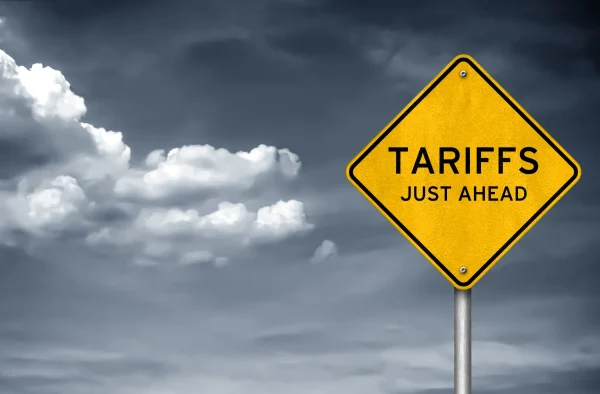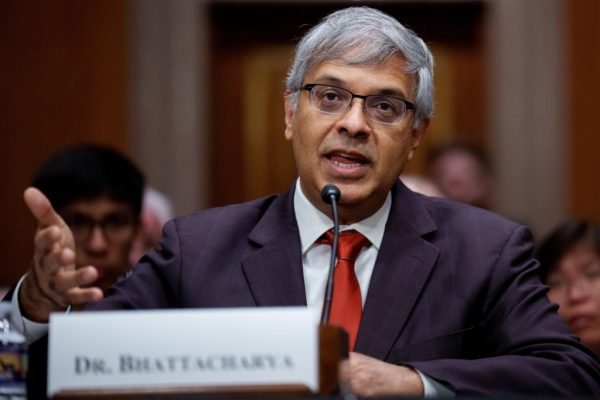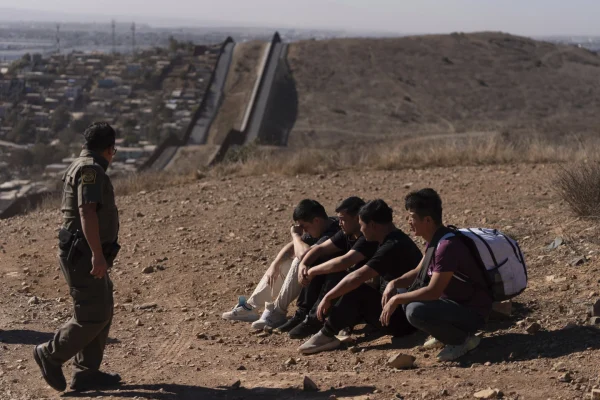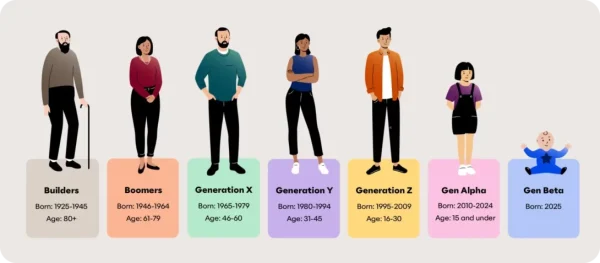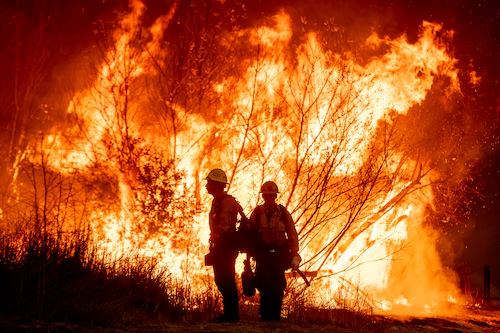Animals in Danger
Species are going extinct and it’s all our fault
Species are dying out at an alarming rate. Nearly 20,000 species of plants and animals are at the edge of extinction. While mass extinctions in the past have been caused by natural events and climate shifts, the cause of the current crisis is almost entirely humans. Habitat loss due to the creation of new infrastructure, trade of exotic animals, the introduction of invasive species by humans and global warming drive more species to the brink of extinction everyday. After the last male northern white rhinoceros passed away on March 19, 2018, attention has been brought to the danger this species and many more are in due to the actions of humans.
After the passing of Sudan -the last male northern white rhino- scientists will attempt to harvest the sex cells of living northern white rhinos and use in-vitro-fertilization to impregnate southern white rhino surrogates. It is still not certain if this procedure will work.
“I think it’s sad that we need to resort to breeding species in a lab instead of having natural births,” junior Belul Bein said. “What’s even sadder is that humans caused the need to do this in the first place.”
The past mass extinctions were caused by natural events such as, the meteor impact on the Yucatan peninsula in Mexico, which led to the disappearance of the dinosaurs 65 million years ago, and the Ice Age 11,000 years ago. However, 99 percent of the causes of the current mass extinction are due to human activity.
“Global warming causes the oceans to warm up causing unsuitable living conditions for marine life,” Bein said. “Deforestation causes countless animals to lose their habitats, and hunting and poaching cause the death of countless animals leading them to become endangered and even extinct.”
Experts estimate the rate of loss of species today to be between 1,000 and 10,000 times higher than the natural extinction rate (the extinction rate if humans were not around).
“In the scope of all the world’s problems, we tend to turn a blind eye to the crisis of animal extinction…even though the cultivation of life is the reason we’re here in the first place,” sophomore Elise Phung said.



